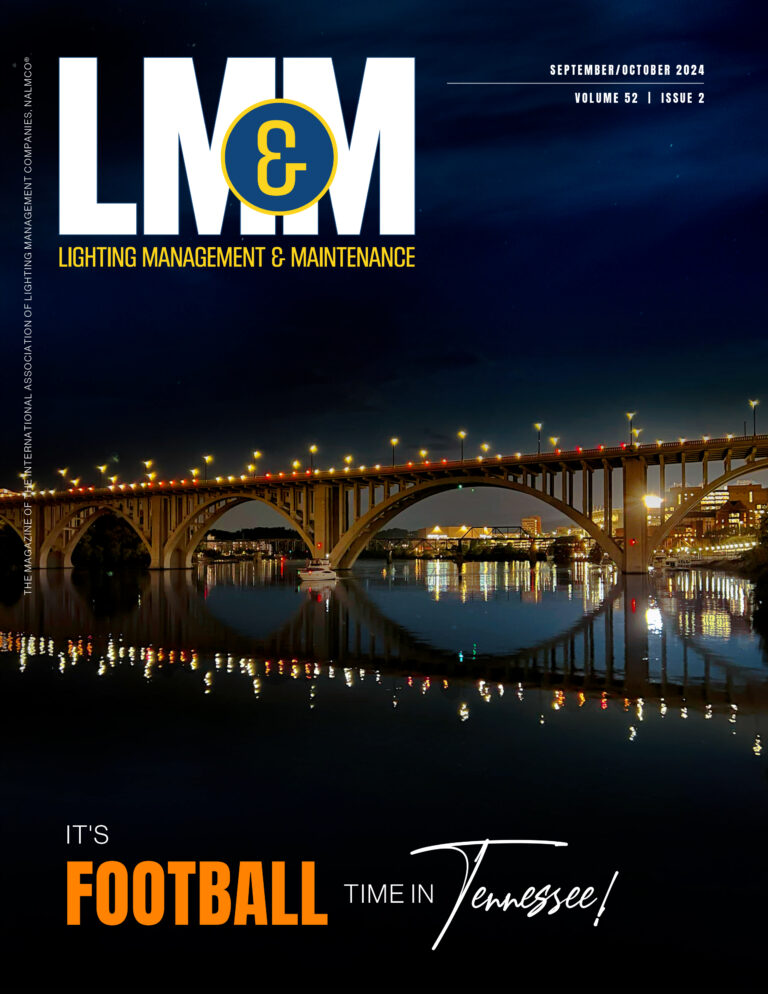Menard Seeks Stay in Patent Case as USPTO Reviews Key Patent
Signify North America Corporation and Signify Holding B.V. (“Signify”) have filed a patent infringement lawsuit against Menard Inc. (“Menard”). The case centers on alleged infringements related to lighting products. Filed in August 2022, the litigation involves six patents, but U.S. Patent No. 10,299,336 (the ’336 Patent) has emerged as a key focal point. Menard, along with its co-defendants, filed a motion to delay the case until the IPR results are finalized.
Background and Case Development
Signify alleges that Menard sold products that infringe on the ’336 Patent, along with several other patents. Initially filed in the Northern District of Ohio, the case moved to the Western District of Wisconsin by late 2022. Menard responded with a third-party complaint, bringing companies such as Luminex International Company, Ltd. and Richpower Industries, Inc. into the case as co-defendants.
The case has progressed through various stages, including the exchange of technical reports. However, the parties have yet to conduct depositions, with the trial scheduled for March 2025 and the fact discovery deadline in December 2024.
Inter Partes Review of the ’336 Patent
In September 2024, Luminex successfully petitioned the U.S. Patent and Trademark Office (USPTO) to begin an Inter Partes Review (IPR) of the ’336 Patent. This review aims to determine the patent’s validity, which could drastically affect the case’s direction.
Initially, the USPTO blocked the IPR due to procedural concerns, rejecting the petition as time-barred. After Luminex requested a Director Review, this decision was overturned, allowing the IPR to proceed. The USPTO’s Patent Trial and Appeal Board (PTAB) determined that Luminex had shown a reasonable likelihood that the claims of the ’336 Patent might be unpatentable. This decision sets the stage for a detailed review that could last up to a year.
The Importance of the ’336 Patent
The ’336 Patent holds critical importance in this lawsuit. Nearly half of the products that Signify has targeted (76 out of 170) are accused of infringing this patent. Of these, 54 are challenged solely based on this patent. Its extended term, which lasts almost nine years longer than the other patents in question, adds even more significance to the case.
Menard and its co-defendants have requested a stay in the court proceedings, arguing that the IPR outcome could simplify the trial significantly. If the PTAB finds the ’336 Patent claims invalid, a large portion of the litigation could be resolved without needing to go to trial.
Menard Seeks Motion to Stay Proceedings
Menard, along with its co-defendants, filed a motion to stay the case until the IPR results are finalized. They argue that continuing the litigation while the PTAB review is underway would lead to unnecessary costs and efforts. If the PTAB invalidates the claims, much of the trial would become irrelevant.
The decision to grant a stay involves several factors: the stage of the litigation, potential prejudice to the plaintiff, and whether a stay would simplify the issues. Menard asserts that the litigation remains in its early stages, with no depositions conducted and only recent exchanges of expert reports. They also argue that Signify, a company with over 1,500 licensees, would not suffer undue harm from the delay, as monetary damages could compensate for any losses during the stay.
If the court grants the stay, it would reduce the burden on both the court and the parties. They could avoid duplicating efforts while waiting for the PTAB to determine the validity of the ’336 Patent.
Potential Impact of the PTAB Decision
The PTAB’s decision will be pivotal. If it finds the patent invalid, nearly a third of the accused products would no longer be part of the litigation. Menard and its co-defendants have also agreed to a “Sotera stipulation,” which means they won’t challenge the validity of the ’336 Patent in district court if the PTAB upholds its validity. This could further streamline the trial.
Historically, the PTAB has found 78% of claims in IPR proceedings unpatentable. Based on this statistic, Menard and its co-defendants are optimistic that the scope of the case will reduce significantly. If the patent survives, the PTAB’s expert analysis will still help narrow the trial’s focus.
The Other Patents-in-Suit
Aside from the ’336 Patent, five other patents are involved in the case. One has already expired, and two more will expire in March 2025, before the trial begins. The final two will expire on 19 May 2026, and 1 February 2028, respectively. Generally, patents with shorter remaining terms hold less value, further emphasizing the significance of the ’336 Patent in this case.
View the full PDF below.
Signify_North_America_Corporation_v_Menard_Inc__wiwdce-22-00706__0344.0



